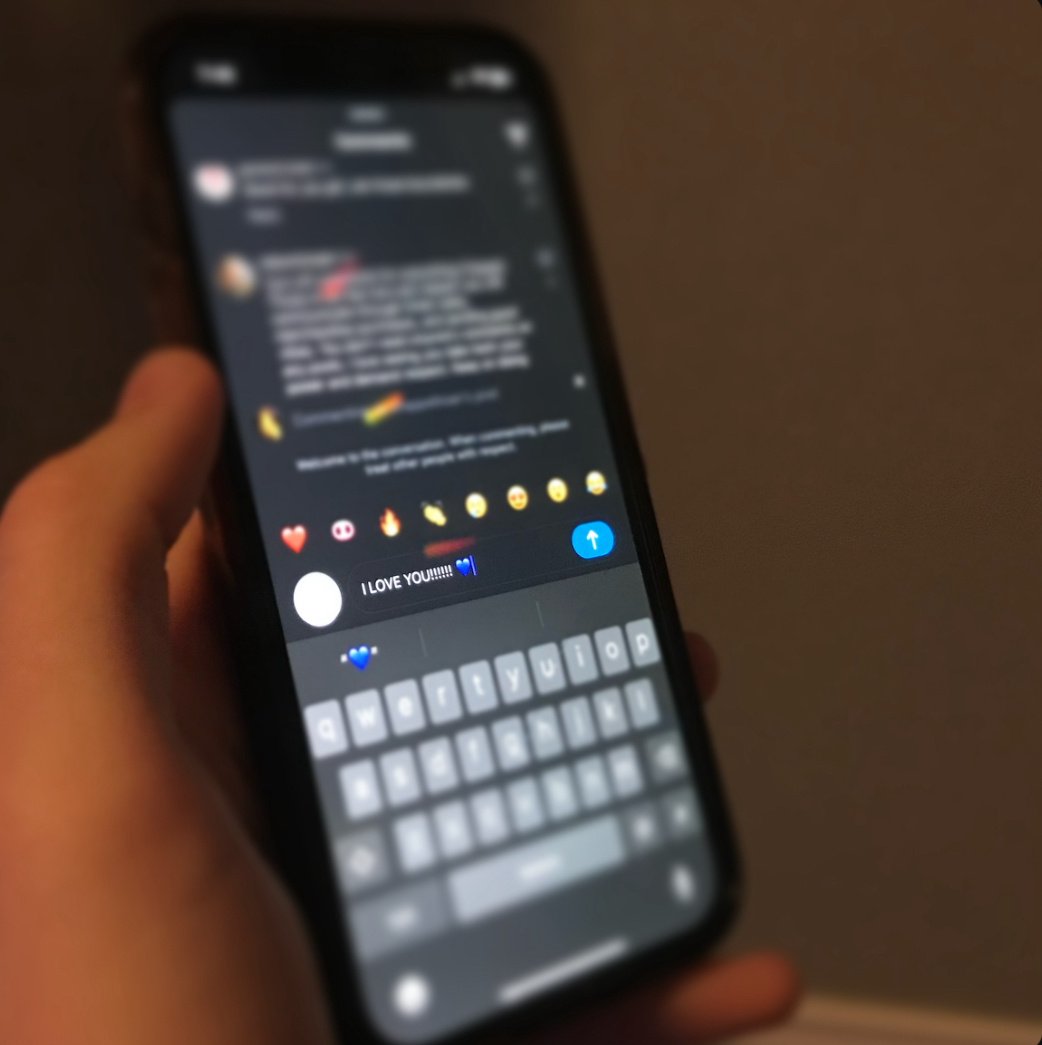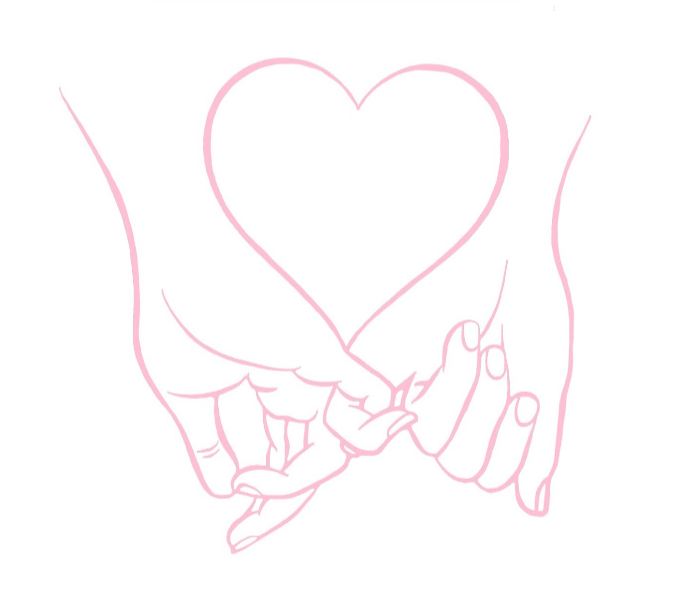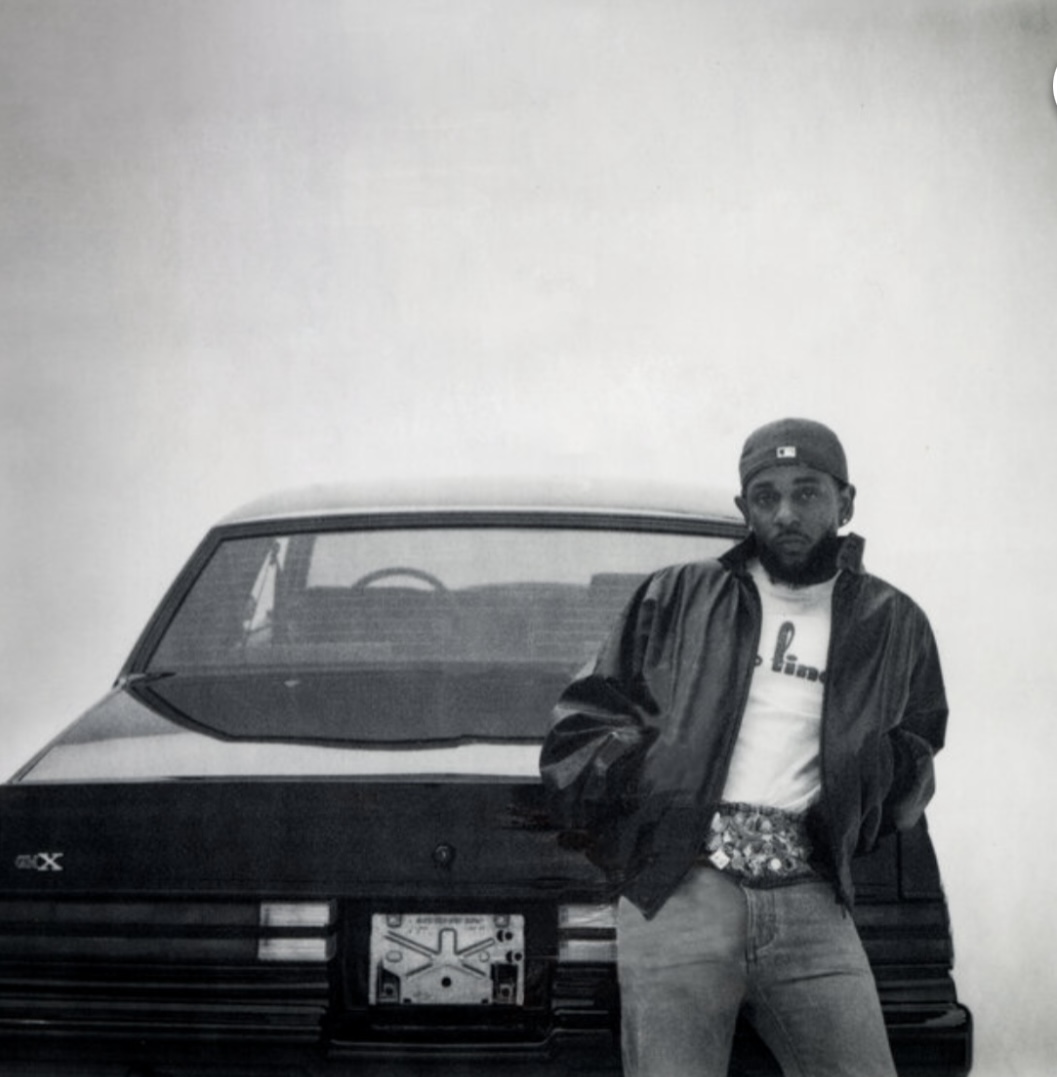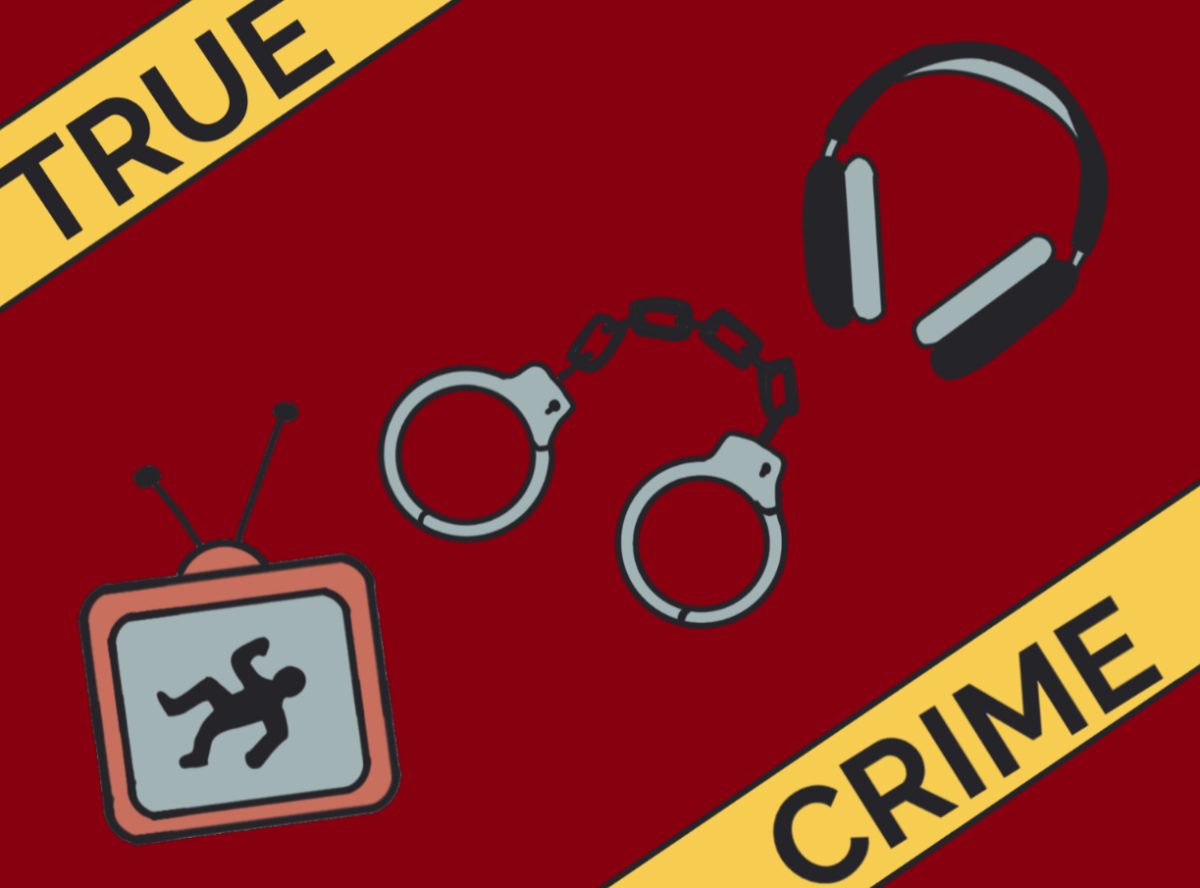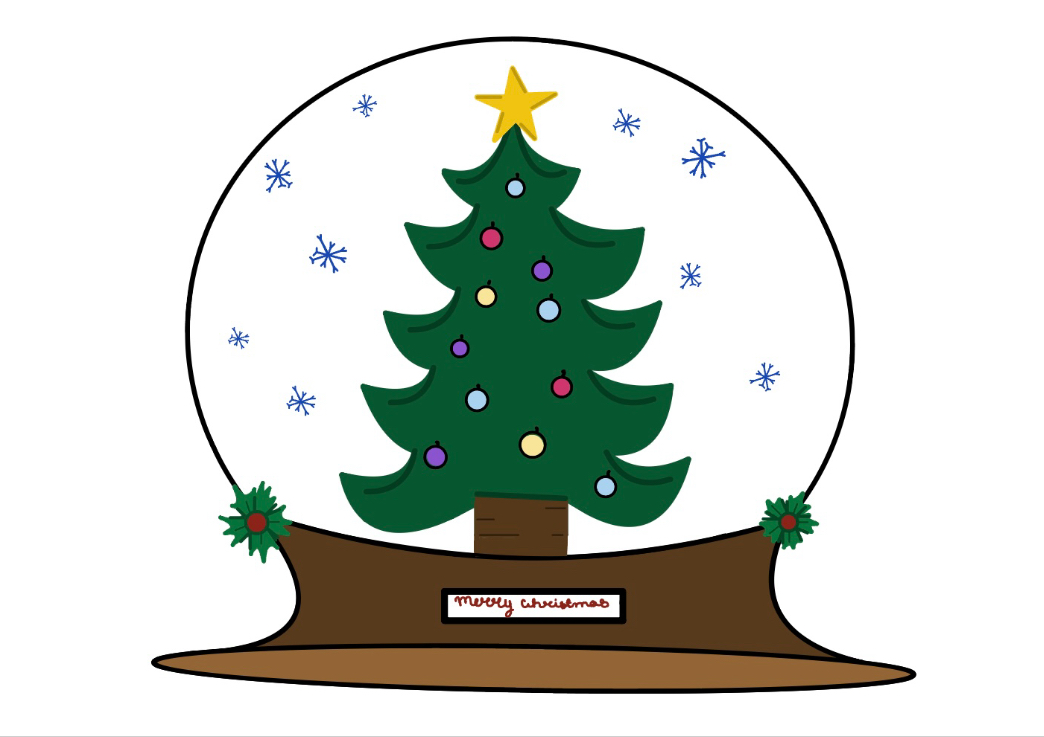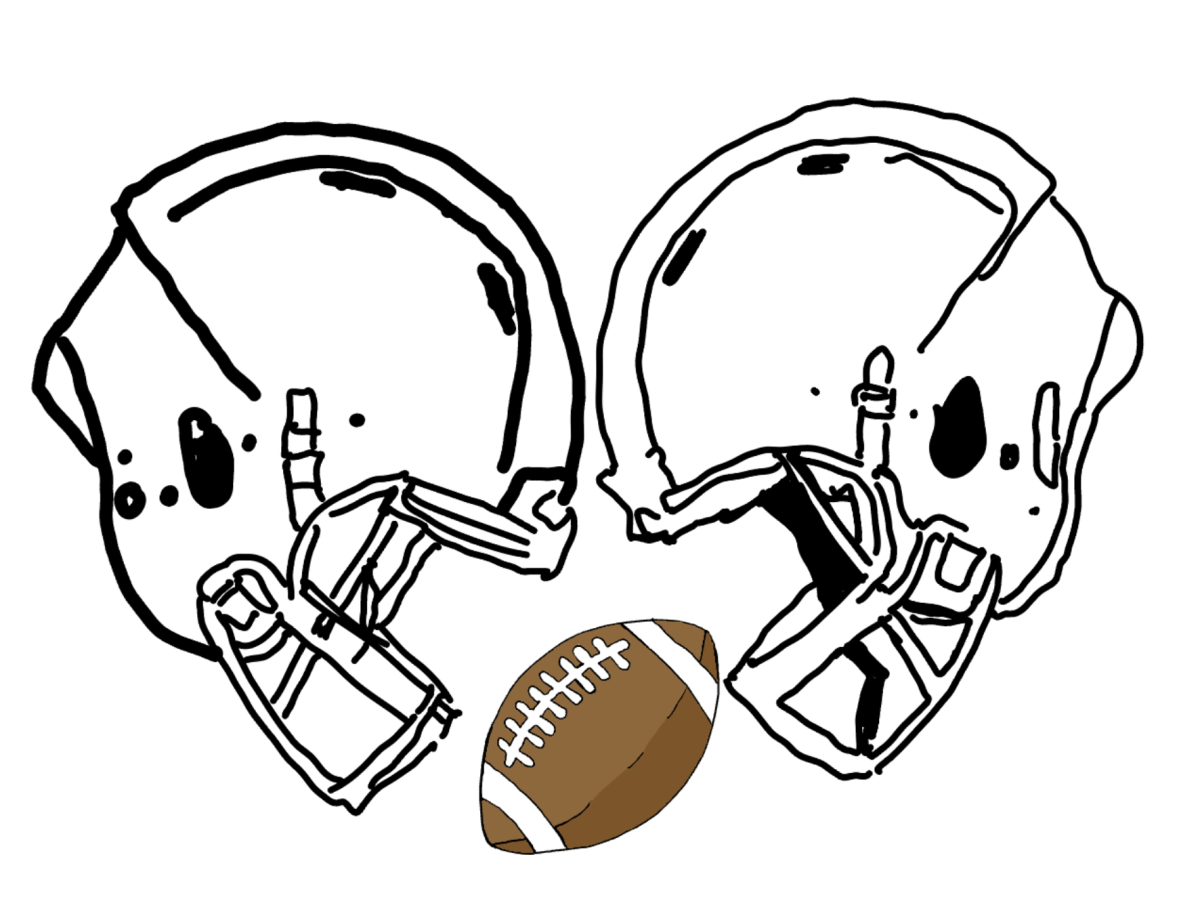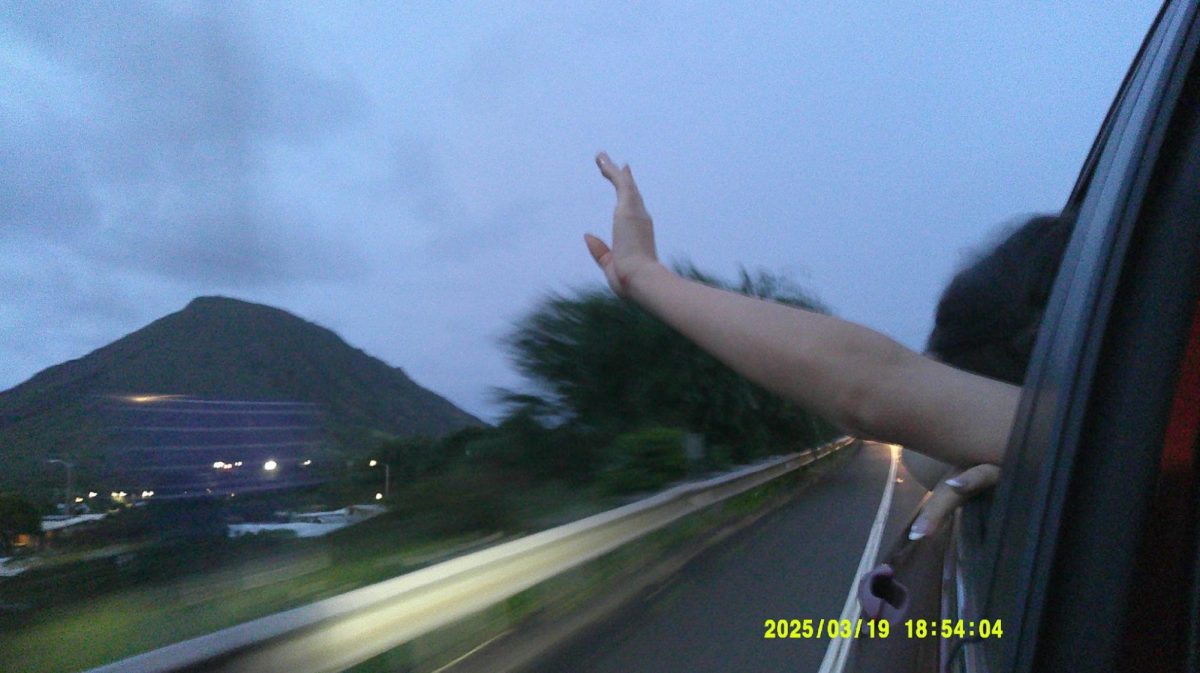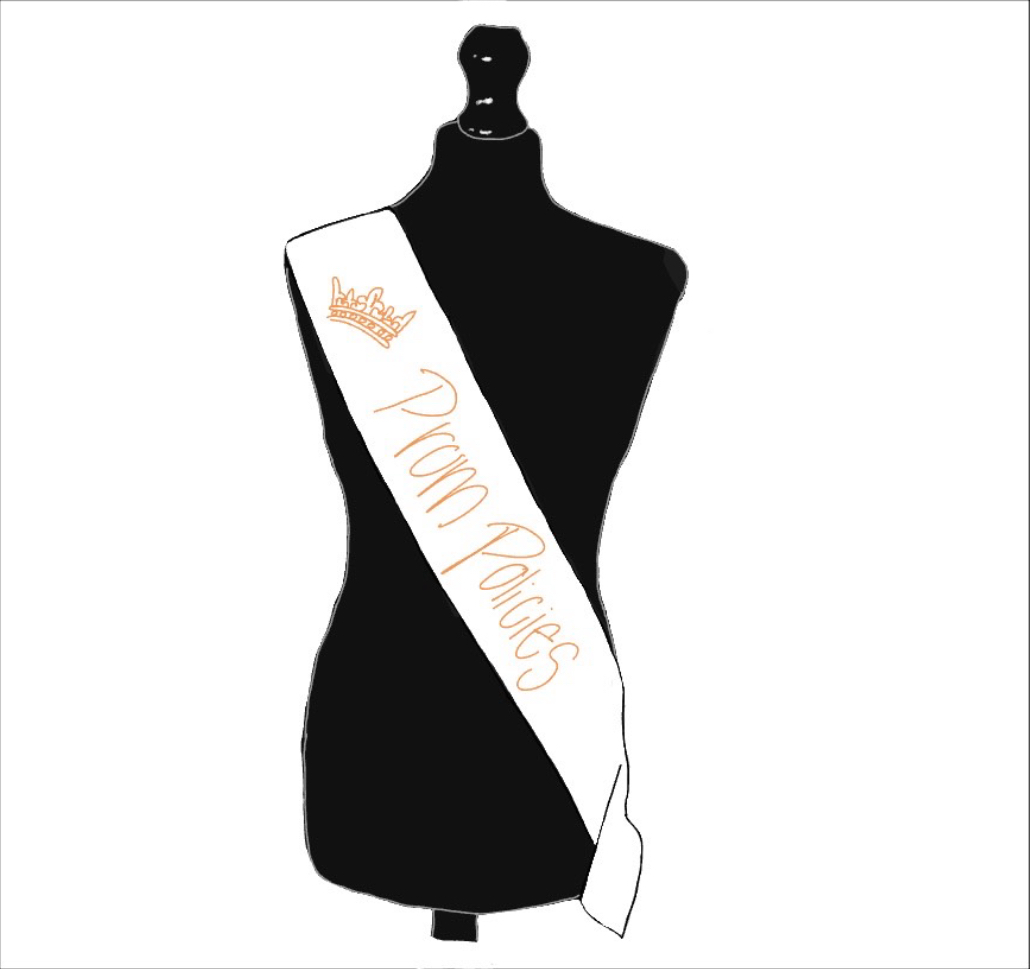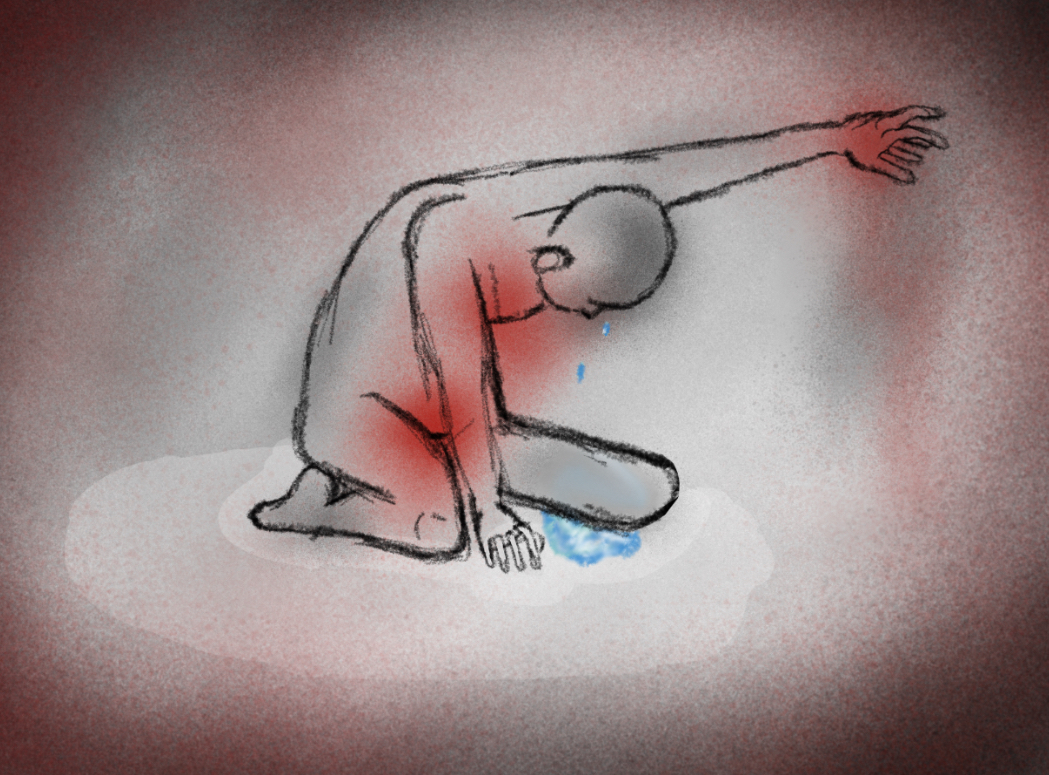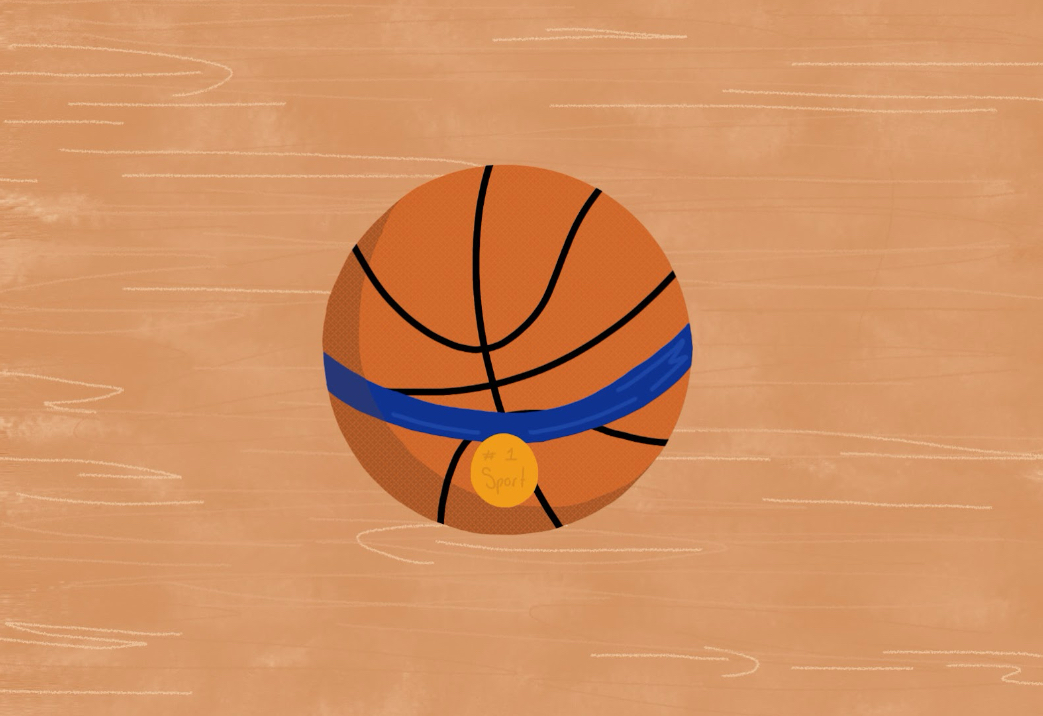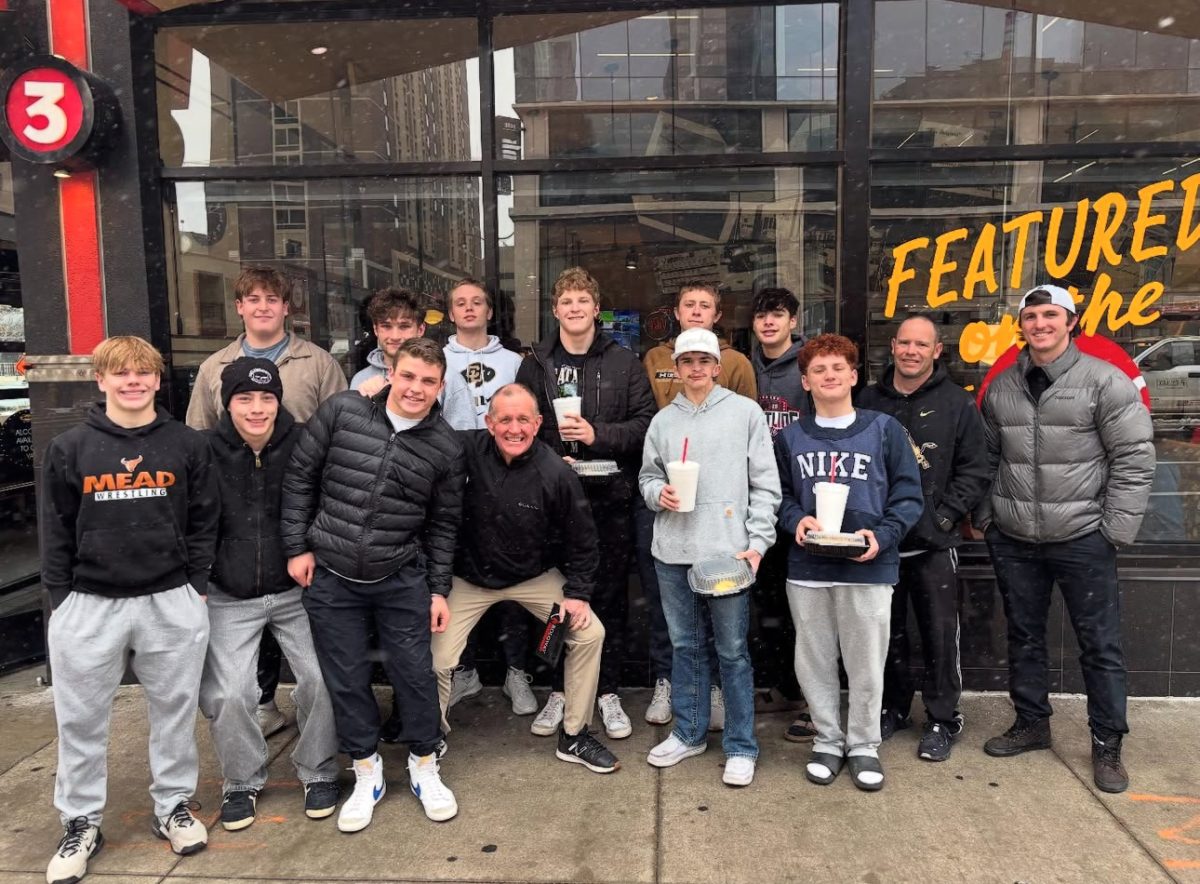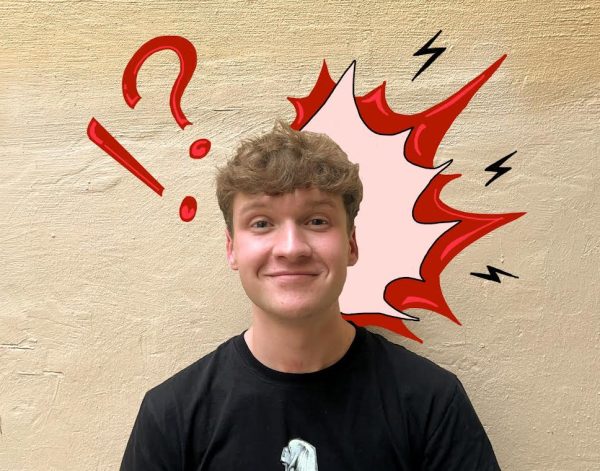Parasocial relationships, a one-sided relationship where someone experiences a connection to another person that they do not know personally, are quite common in today’s society. With social media being a big part of many people’s lives, people are bound to find someone to whom they connect.
Think of a celebrity that you love and why you like them so much. Whether it be the music they produce, the art they create, or the beliefs they hold, you’ve probably formed a relationship with this person.
These relationships often relieve stress for the viewers, and maybe even help form an individual’s personality. They are usually healthy, but occasionally they can turn into toxic situations for one or more parties involved.
A recent example of the negative side of parasocial relationships is a situation with the up-and-coming pop star Chappell Roan. With releasing her debut album on September 22, 2023, The Rise and Fall of a Midwest Princess, and opening for superstar Olivia Rodrigo’s GUTS tour, Roan has been shoved into the limelight.
The pop princess has expressed that this has been an extremely stressful time and that she is uncomfortable with how some fans have been treating her.
“I don’t care that it’s normal. I don’t care that this crazy type of behavior comes along with the job and the career field I’ve chosen. That does not make it okay. That doesn’t make it normal. Doesn’t mean I want it. That doesn’t mean I like it,” said Roan in two TikToks posted on August 20th.
In these videos, she goes into how fans will go up to her in public and expect to have a photo with her.
Many argue that as a celebrity, you must expect this type of behavior, and seemingly just deal with it, but as Roan said in her TikToks, she thinks this is absurd.
Another situation that demonstrates the potential issues with parasocial relationships was a dispute between Doja Cat and her fans.
The popular hip-hop artist and rapper put out some of her opinions on fan culture in an Apple Music interview. Specifically, she touched on how certain fans treat their idols saying, “They think that person belongs to them in some sense.”
Sometimes with parasocial relationships fans can separate a celebrity’s public persona from their humanity.
In the same interview she went on to say, “My theory is that if someone has never met me in real life, then, subconsciously, I’m not real to them.”
This is when parasocial relationships get dangerous. When fans see someone as more than a “regular” human, they’re more likely to treat them in increasingly harmful ways. In particular, stalking has been a long-known issue with celebrities, with reactions ranging from creepy letters to assassination attempts.
These two instances show how parasocial relationships can turn sour for a celebrity, and they also bring up an important question: how much can fans expect from their favorite celebrities?
There are multiple opinions on this topic, and it’s unclear what the solution is, but it’s becoming increasingly clear that society’s views on the “obligations” of celebrities, and how we as viewers treat them, need to be re-examined.

